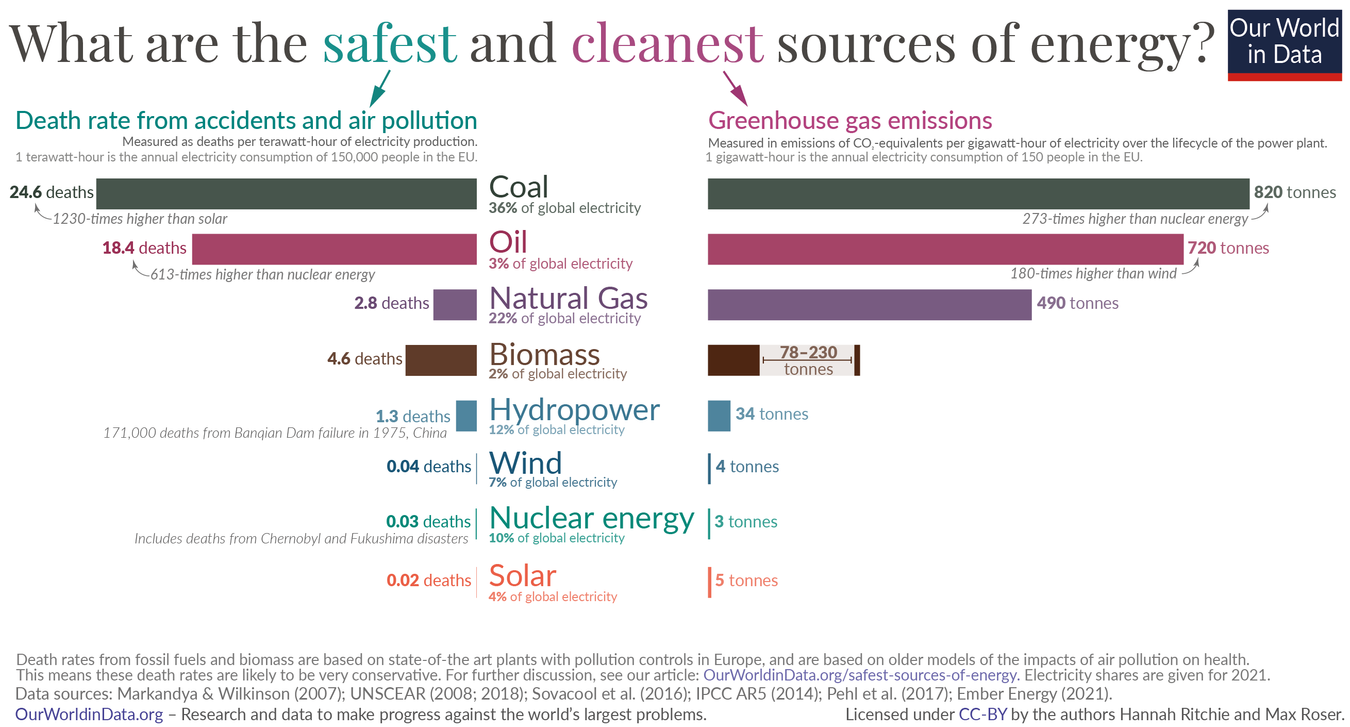
Rift Valley Fever in Senegal: What You Need to Know
Senegal is facing a Rift Valley Fever (RVF) outbreak that has already caused 17 deaths and infected more than 100 people, mostly in the northern livestock zones. This mosquito-borne disease affects both humans and animals, putting pressure on the country’s economy and food systems.
What Is Rift Valley Fever?
Rift Valley Fever is a viral infection transmitted by mosquitoes or direct contact with infected animals. It mainly affects livestock like cattle, goats, and sheep but can also infect people.
In Humans
- Most experience mild symptoms such as fever, headaches, and body aches.
- Severe cases can lead to eye, liver, or brain complications.
In Animals
- Causes high death rates among young livestock and mass abortions in herds, leading to huge financial losses for farmers.
Outbreak Update
According to the Senegalese Ministry of Health, the outbreak began in late September 2025 in the Saint-Louis region and nearby pastoral areas. So far, there have been 119 confirmed human infections and 17 fatalities.
The outbreak coincides with heavy rains and flooding, which create ideal mosquito breeding conditions.
How the Virus Spreads
- Mosquito bites: The main route of infection for both animals and humans.
- Animal contact: People handling blood, tissues, or raw meat are at greater risk.
Symptoms in People
Watch for these signs if you live in or near affected areas:
- Fever and chills
- Headache and muscle pain
- Tiredness and nausea
- Blurred vision or eye pain
Severe cases may involve brain inflammation or internal bleeding.
Economic Effects
The outbreak has caused widespread losses in livestock production, reducing meat and milk supplies and affecting export earnings. Many farmers in northern Senegal are facing economic hardship.
What Senegal Is Doing
Authorities are taking strong action to contain the outbreak:
- Vaccinating livestock to prevent further spread.
- Destroying mosquito breeding sites through fumigation and drainage.
- Educating communities about prevention and safe livestock handling.
- Expanding lab testing to detect new cases quickly.
How to Protect Yourself
- Use mosquito repellents and nets.
- Avoid touching animal blood or organs.
- Eat fully cooked meat and drink pasteurized milk.
- Report any sick or dead animals to local authorities.
Global Support
The WHO, FAO, and WOAH are assisting Senegal with vaccines, equipment, and field coordination. Strengthening regional surveillance systems is also a priority to stop the virus from spreading to neighboring countries.
One Health for the Future
Senegal is applying a One Health approach, which brings together doctors, veterinarians, and environmental experts to fight diseases that cross between animals and humans.
This collaborative model could help Senegal — and Africa — build stronger defenses against future outbreaks.



